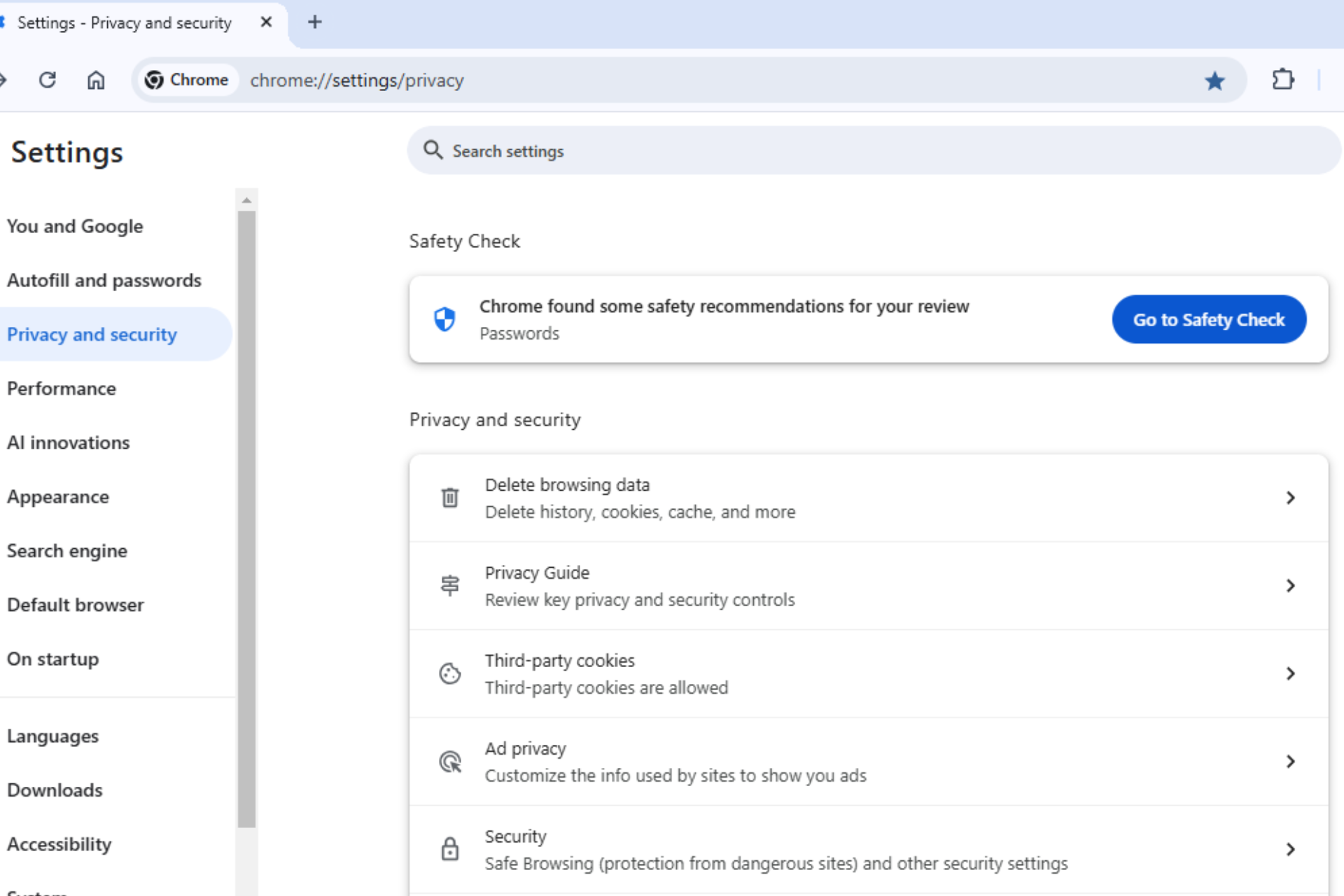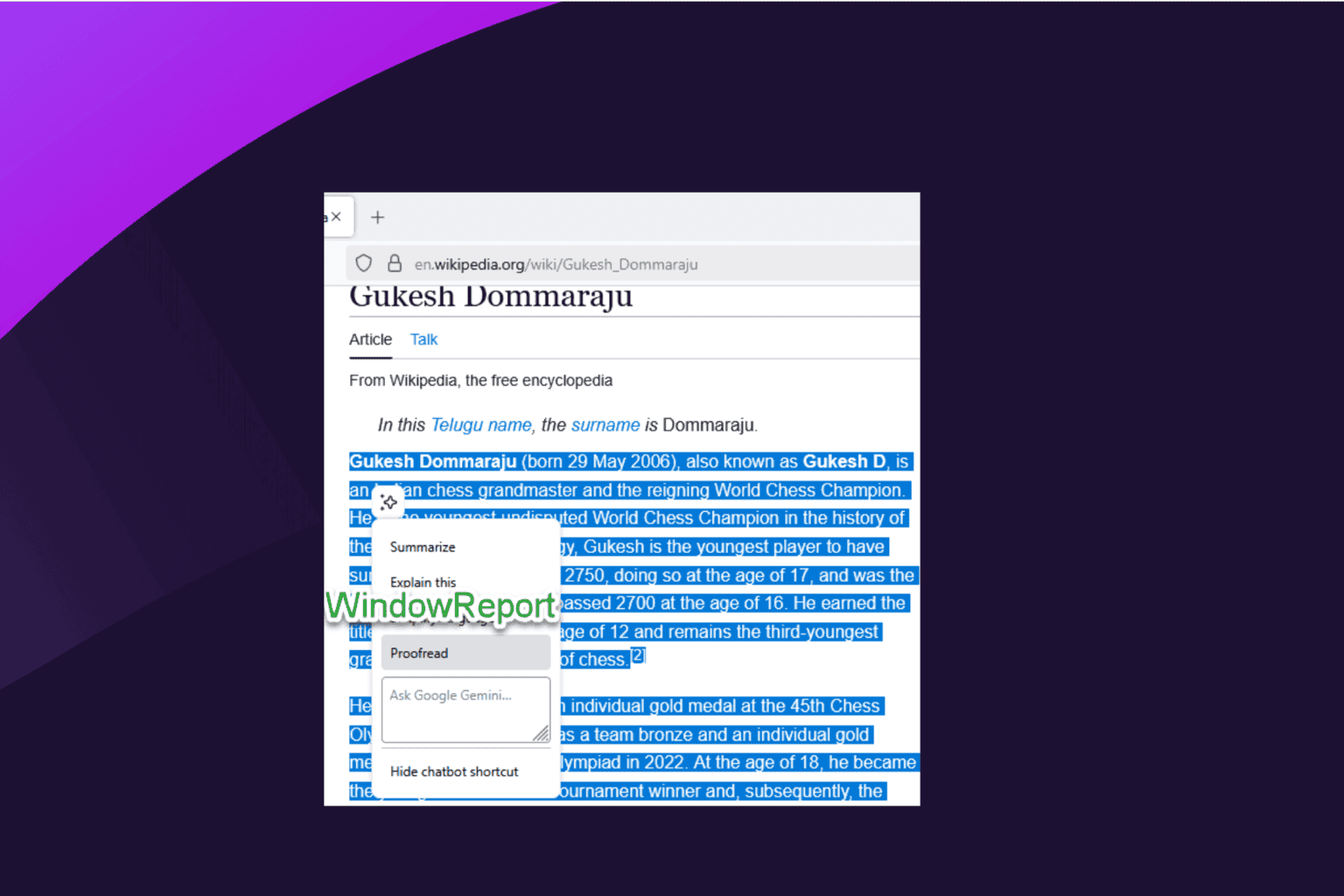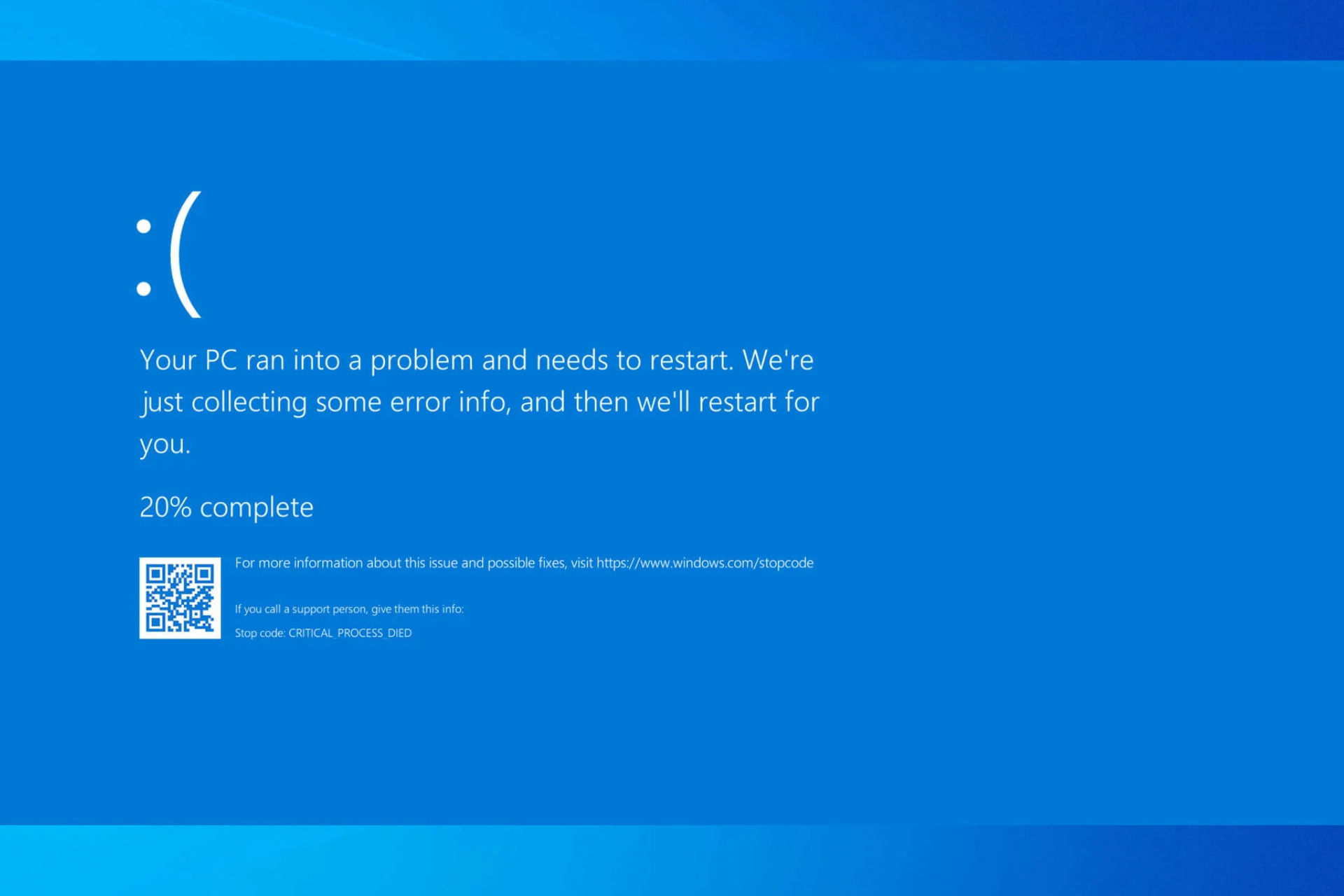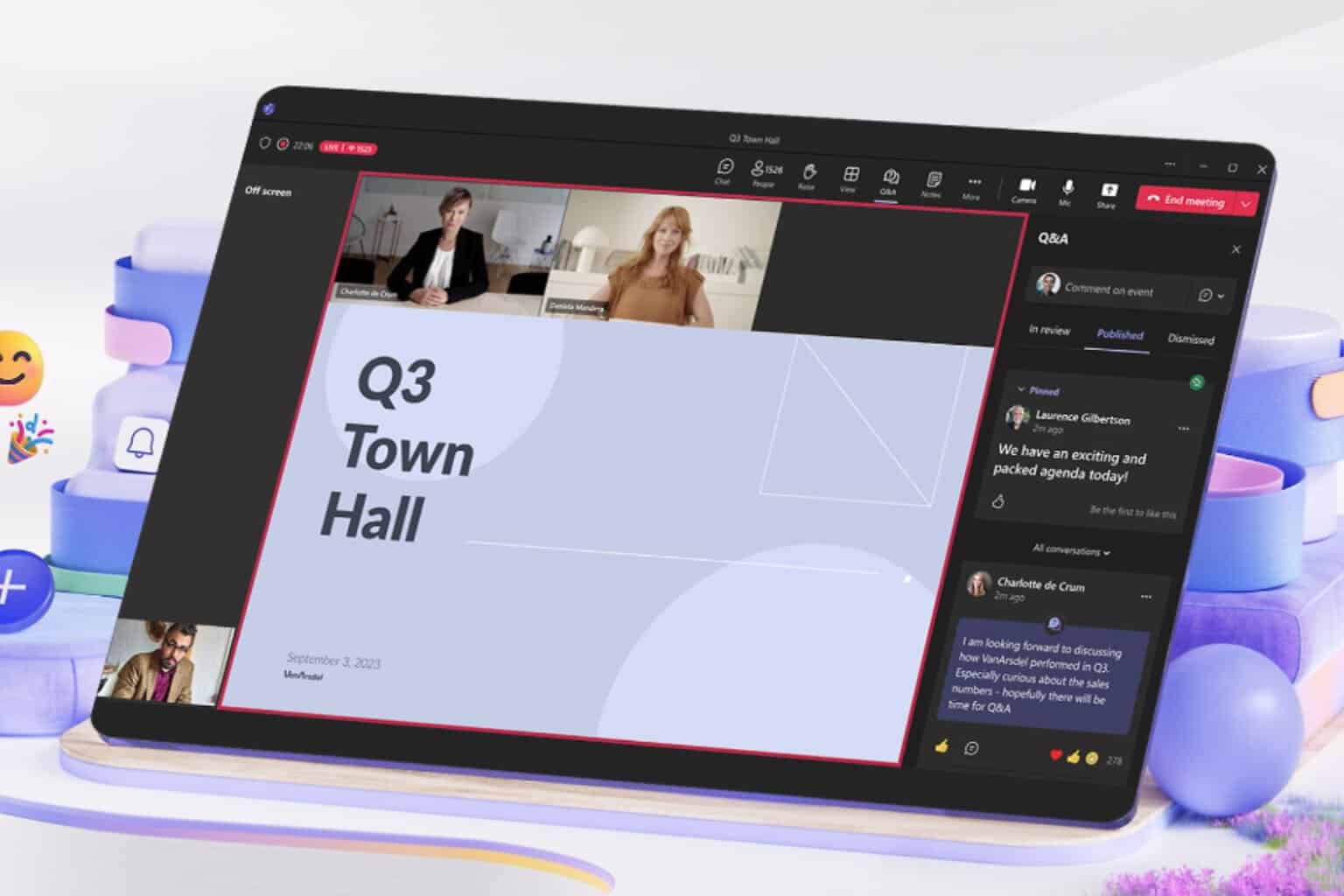Microsoft changes rules for board elections to give shareholders more of a say
2 min. read
Published on
Read our disclosure page to find out how can you help Windows Report sustain the editorial team. Read more
Years of shareholder activism have paid off in Microsoft, as the company has officially announced its decision to change the rules of internal board elections. The new rule selection process is particularly refreshing as it falls in line with a growing trend toward world progressivism, giving individual shareholders a bit more freedom to choose board nominees of their own.
The idea behind the change is to open up the annual board elections and offer more diversity than they typically one-sided nature that previously existed. Specifically, these new rules allow for at least two of the board nominees presented to the voting shareholders to be directly presented by the shareholder rather than company ‘insiders’. However, there are certain specifications for shareholders to follow, should they want to submit names. Among the new stipulations, nominees must own at least 3% of Microsoft stake, and have held the 3% stake for at least three years.
Microsoft’s deputy general counsel John Seethoff spoke about their opinions on this saying,
“We believe this proxy access framework strikes the right balance for Microsoft by ensuring the Board nominees are supported by long-term shareholders representing a significant, but attainable, proportion of outstanding shares.”
New strategies for elections are not new to Microsoft― a similar approach had been attempted in December at a shareholders meeting. However, the proposals then didn’t fly very high. Microsoft had expressed many concerns and fought against a new election strategy for a few reasons. Back then, Microsoft was fearful that there may become too many names, and it could cause board instability. Due to Microsoft’s objections the proposal wound up only receiving 10 percent of voters in favor of it.
Despite the turndown in December, the trend continued among other companies. Activist shareholders within one of Microsoft’s biggest competitors, Apple, also proposed a similar peer-related election in March, but the idea ultimately failed with only 39 percent in favor. Seems apparent that board members want better representation and trial voting like in Apple’s case or rule changes done by Microsoft should be encouraging signs for board members.
With all of this said, the idea is that these new rules will help Microsoft shareholders elect all new leadership. Once elected the new leadership will help guide the company in a new direction, positively affecting the shareholders, company insiders, and customers alike.









User forum
0 messages